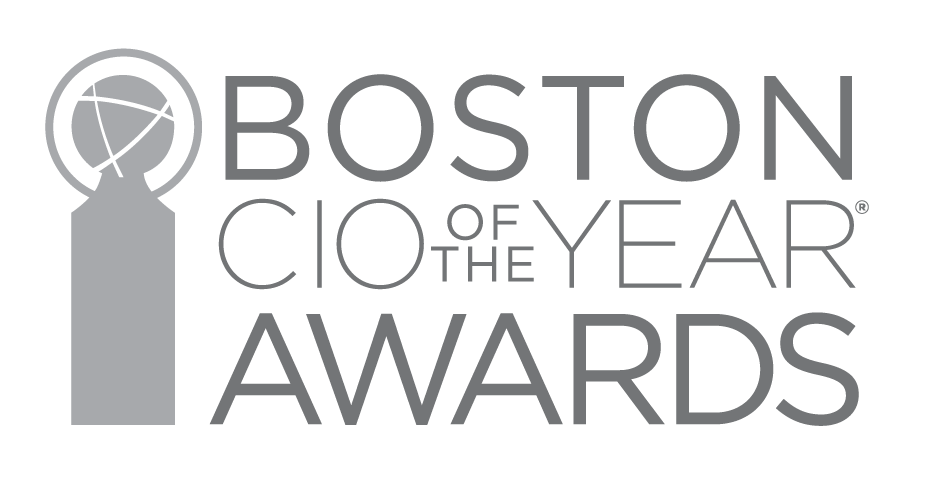Steve Neff, enterprise chief technology officer at Fidelity Investments, was recently honored with the leadership award from the Boston CIO Leadership Association. The award, part of the BostonCIO 2016 CIO of the Year program, recognized Neff’s commitment to diversity, community engagement, and his 40-year career in advancing innovation in technology and financial services. We spoke with Neff to learn about some of the programs he’s most proud of, including Fidelity’s training and IT development program, Leap, and the leadership advice he says all CIOs could use.

The Enterprisers Project (TEP): How have programs like Leap and your focus on diversity helped Fidelity stay ahead of the war for IT talent that all CIOs seem to be facing today?
 Neff: Programs like Leap play a big part in our organization in many ways. Importantly, we focus on non-technology skills as much as technology skills as we believe that everything we need to accomplish depends on our people. Fidelity’s cultural values of responsibility, integrity, compassion, and expertise help us emphasize this critical role that people play, which in turn will lead to increased innovation and vitality.
Neff: Programs like Leap play a big part in our organization in many ways. Importantly, we focus on non-technology skills as much as technology skills as we believe that everything we need to accomplish depends on our people. Fidelity’s cultural values of responsibility, integrity, compassion, and expertise help us emphasize this critical role that people play, which in turn will lead to increased innovation and vitality.
We see the people who take part in our Leap program as future technology leaders at Fidelity. They need both deep domain and business knowledge coupled with broad experience to be effective. By encouraging lateral movement, reverse mentoring, ongoing leadership development and many other efforts, we’re trying to ensure that knowledge is widely dispersed across the organization. Also, getting experience in failing fast and learning from that failure is a critical leadership skill that we advocate across Fidelity technology.
 TEP: One organization that was cited as being important to you is Common Impact. What is your involvement with the program, and how has it helped your IT organization?
TEP: One organization that was cited as being important to you is Common Impact. What is your involvement with the program, and how has it helped your IT organization?
Neff: I’m a board member of Common Impact, a nonprofit organization that connects skilled professionals from global companies to high-potential local nonprofits. I’m also a board member of St. Francis House, which provides comprehensive life services for the homeless in Boston. It’s important for everyone in our technology organization to be connected to the broader community and to find ways to give back. I’m a big advocate of skills-based volunteering organizations and the efforts that the Fidelity Cares group promotes across all of our sites and regions to get our associates involved with their communities.
TEP: What are some ways you’re helping existing employees evolve their skills?
Neff: As people develop in their career, we help them go broad and go deep. We can’t just accept the need for diversity of thought, but actively seek out diverse opinions and ideas that challenge them, their unconscious biases and their world view. This will help them grow and will magnify value wherever they apply their skills. Also, it’s important they be authentic.
TEP: What is one piece of leadership advice that if all CIOs followed, they would be better leaders?
Neff: When I think about leadership qualities, I think about inspiration, decisiveness, honesty, confidence, and tenacity. Leadership is much more than, and less tangible than, expertise and results. Be self-aware. Learn about unconscious bias and how being aware of and changing your world view can have long-term positive consequences.
TEP: BostonCIO offers an opportunity for participants to connect with peers so they can talk through their challenges. As an IT leader, what are some other ways you stay connected?
Neff: In Boston, there are opportunities to succeed in a technology career. There are opportunities to innovate and make a difference in the future of technology, whether it’s at a start-up, at one of our great universities or a large firm like Fidelity. New England’s technology community has become much more focused on nurturing home-grown or educated talent - incubating and supporting a vibrant start-up community. Notably, this has been both a public and private effort. And obviously having a strong academic community and significant private resources has helped a great deal.
I can stay connected because of this active and lively technology community. We have local organizations like MassChallenge that promote innovation and a start-up mentality and a vibrant innovation district. We’re close to New York, the world center for many industries and we’re geographically well positioned to connect with Europe and Africa. So, when you put all of that together, we have a unique place here in New England, and I see a very bright future for our technology community.





